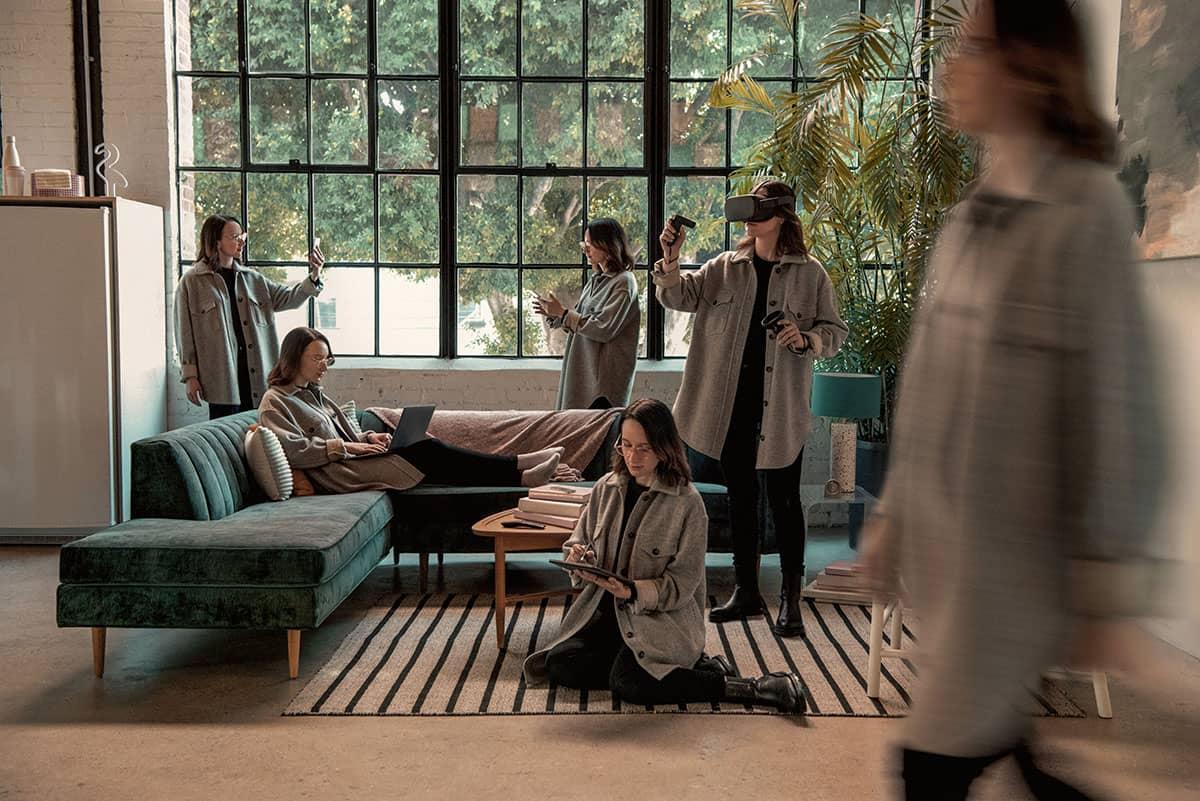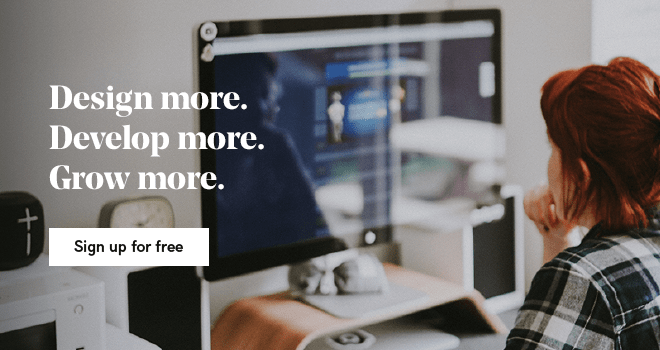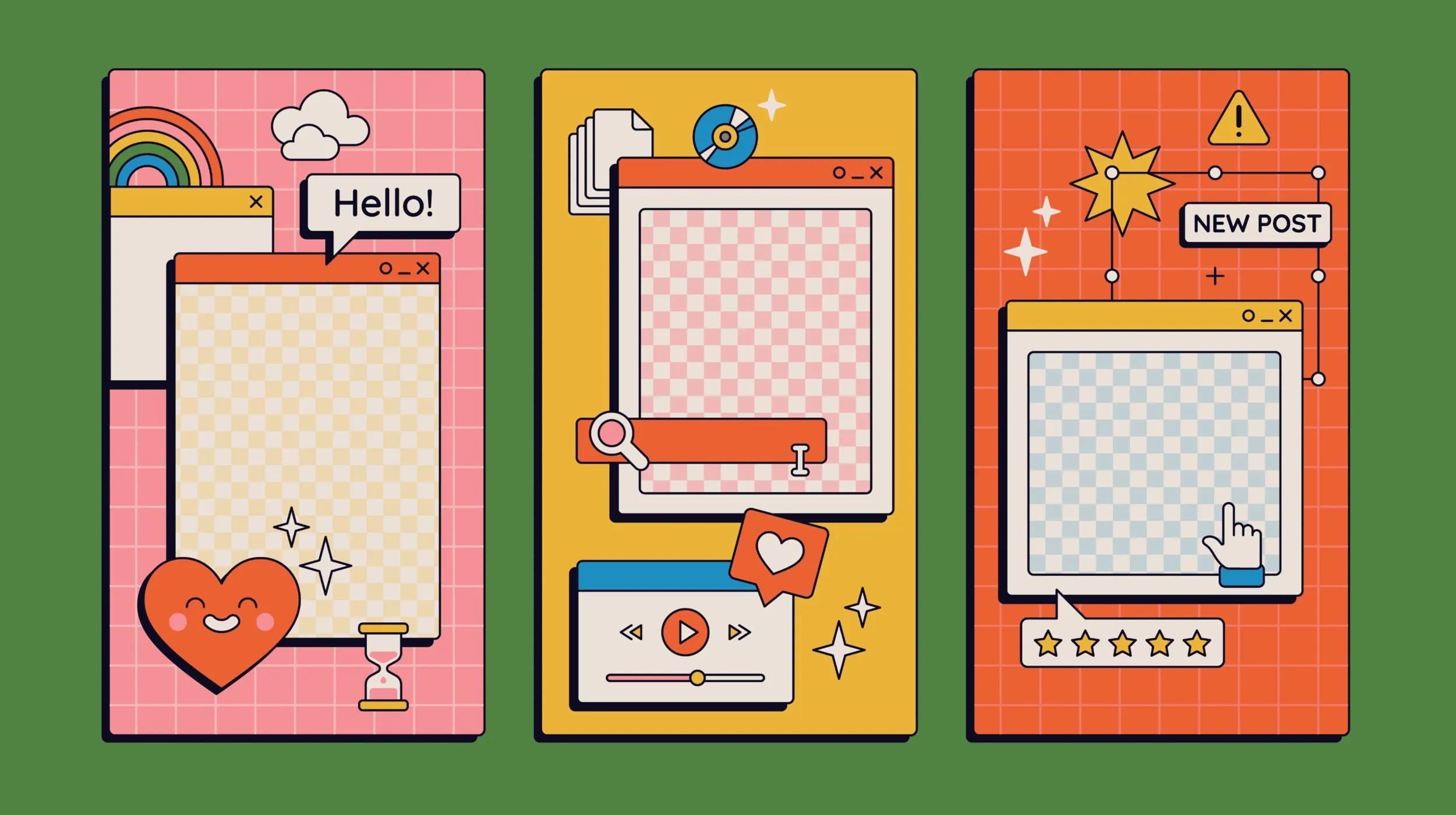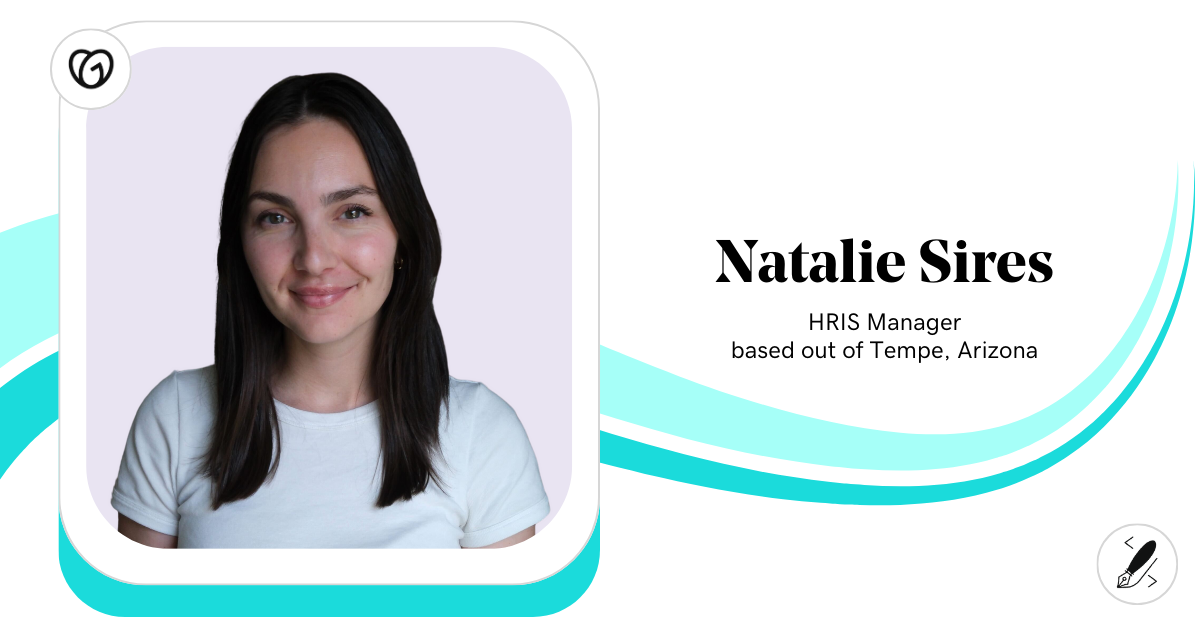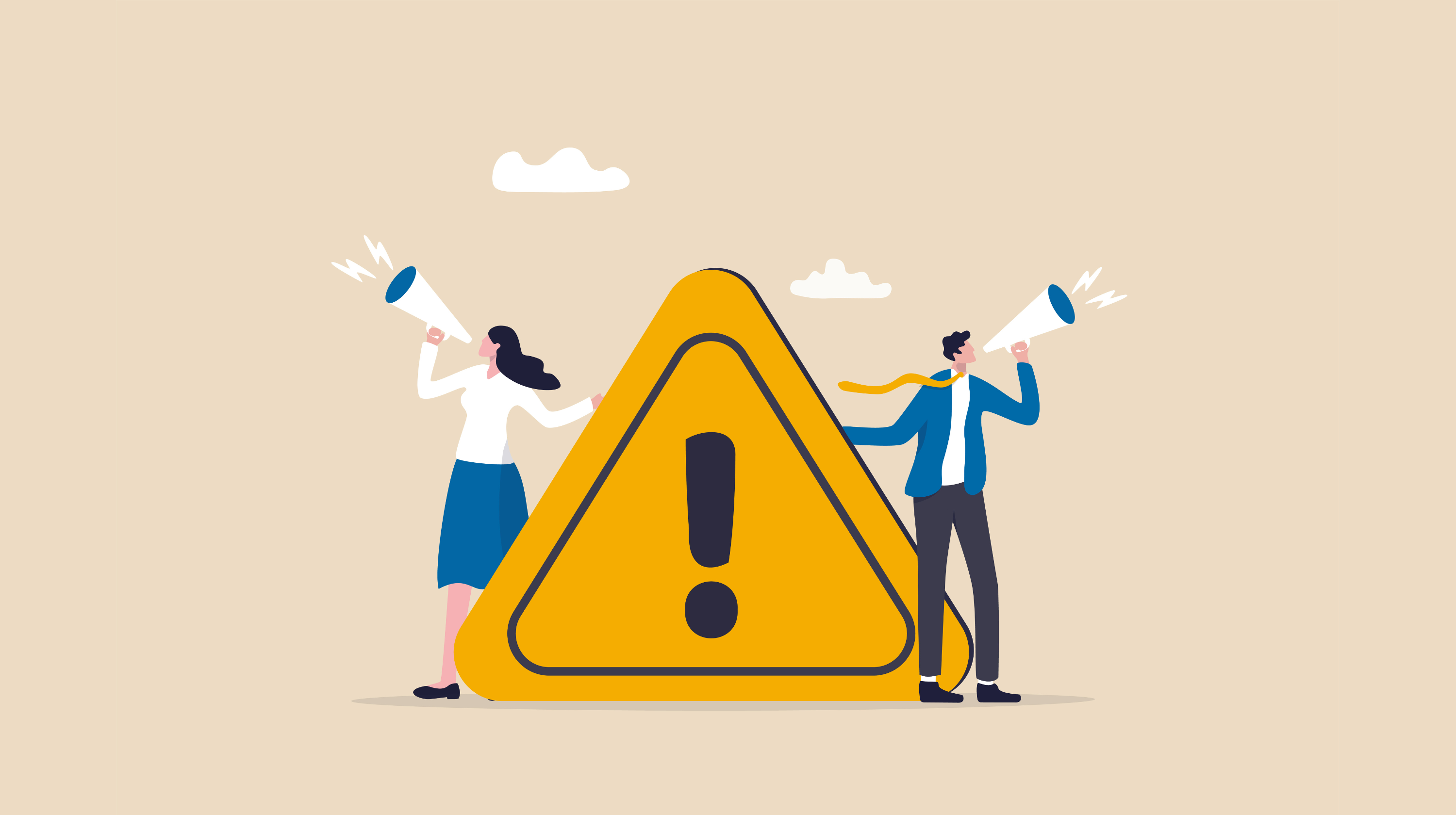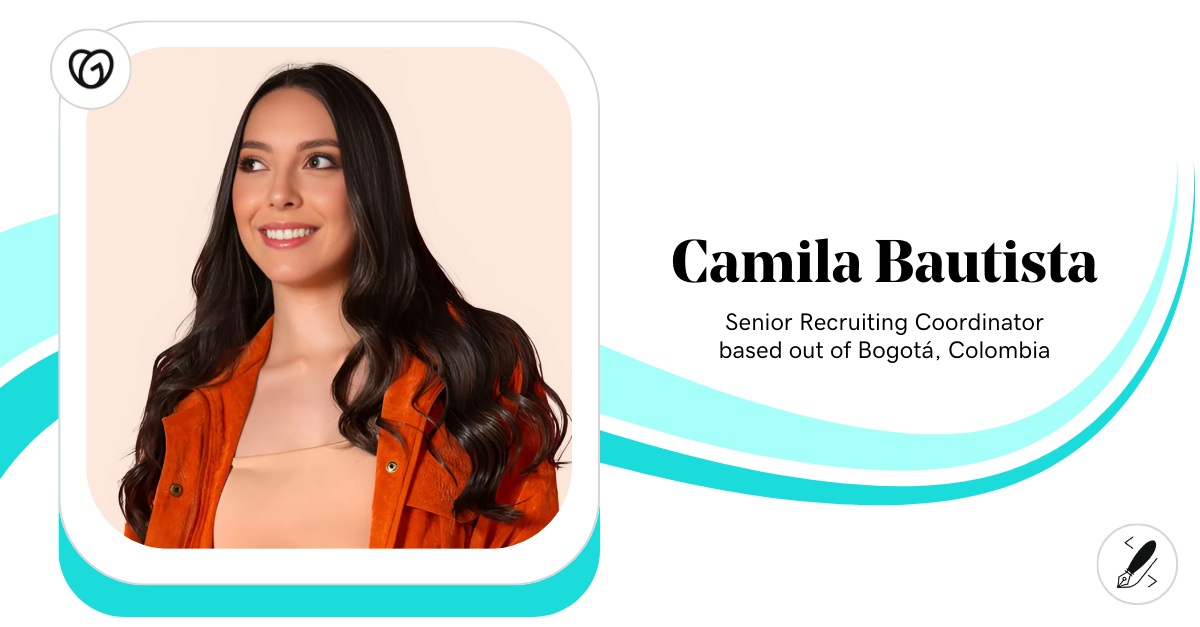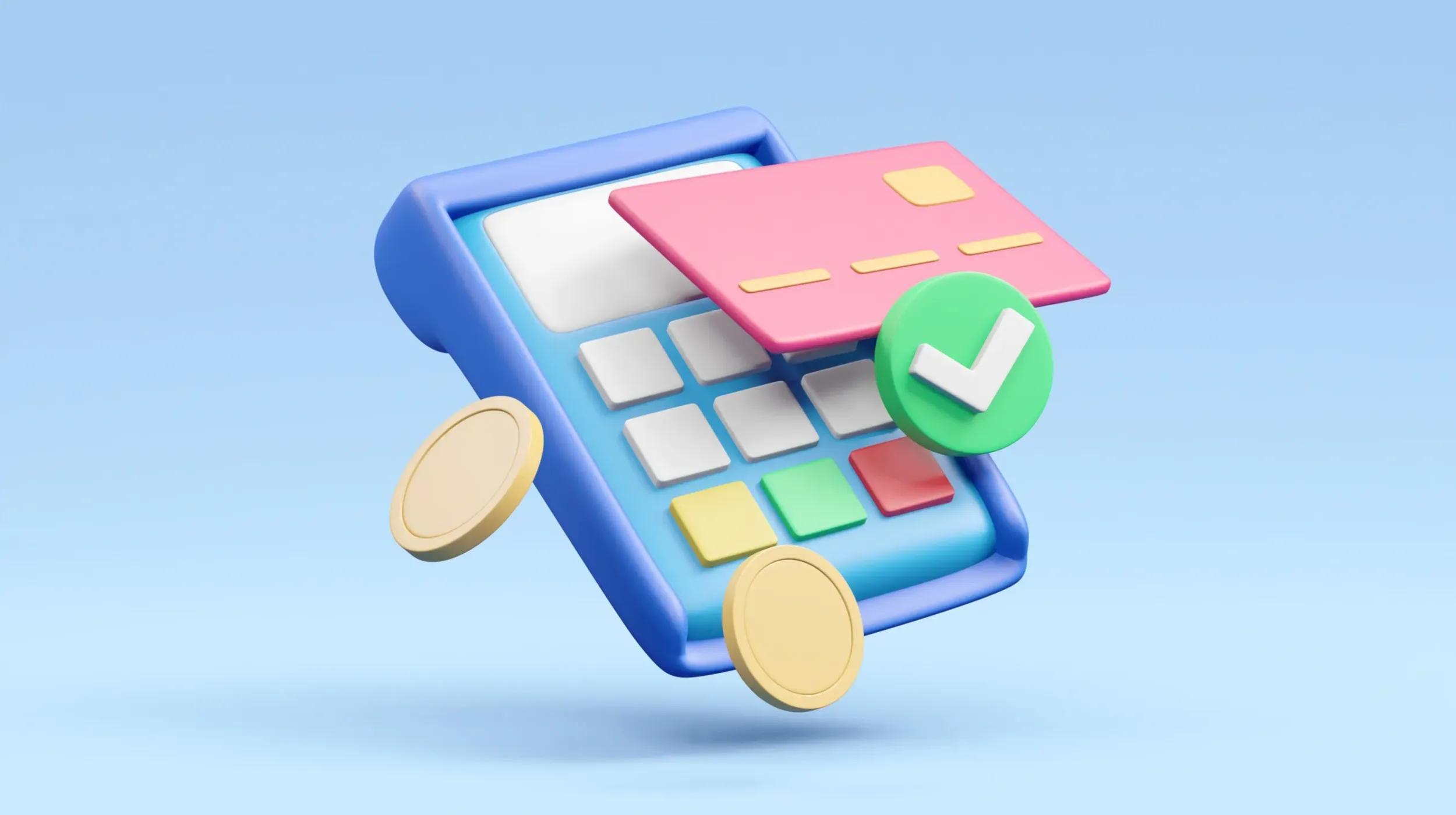Morgan Richardson is a Web3 developer, content creator and digital strategist — and that's just the short version. Morgan's work touches some of the most important topics in tech today, such as contributing to a decentralized internet and supporting women in web design and development.
She took a break to catch up with us in a wide-ranging interview that highlighted her work and personality. Watch the video below and keep scrolling to read more.
Read the interview with Morgan Richardson
Did you always know you wanted to be an entrepreneur, or did you have to encourage yourself to take that leap?
Both of my parents run small businesses, and they always have. Growing up in that kind of mindset and mentality, I think I was kind of raised to be an entrepreneur. All of my siblings are entrepreneurs as well.
Being an entrepreneur is incredibly difficult. I really didn't have the confidence to take the leap until I did earlier this year. At that point, my life completely changed because I was really happy. It's what I always wanted to do.
I always encourage people to take risks, even though it's scary, and you might not have the competence, it's the risks that we take that define us.
I don't believe in failure. I think that everything is a little opportunity. At the end of the day, you'll learn something. If you can accept that failure, I think you can never fail.

So how did you learn to code? Did you go to school for it, or did you just pick it up by self-teaching?
I tried to teach myself how to code in high school, but I didn't really learn until I went to college — and I just graduated with my bachelor's degree in software engineering. But I do still consider myself to be largely self-taught, just because what you learned is a lot different from what you're doing every day.
To keep up with technology that's not even in school to be able to learn... How do you go about teaching yourself? How do you even approach that?
Whenever a client comes to me with something I don't know, I will go online. I look at documentation mainly, and that's something that a lot of new developers don't want to look at. They don't want to read all the boring stuff.
Which is totally okay. But as I've grown as a developer and as I've done work, we'll just go straight to the documentation, whatever I need. As a software developer, you're continuously learning.
What does a typical day look like for you?
I like to think that I do have a daily routine, but really, every day is always different since I work with a lot of different clients. When I wake up in the mornings, I'll go through all my messages from social media or different messaging apps or if it's something over email, and I'll have some coffee while I'm doing that and then get started for my day.
Usually, I'll have one or two meetings. Again, these are all super casual. Then I'll basically work for the rest of the day.
If I have to run errands, I have to go get groceries, I love having the flexibility to do that and not have to worry about, oh, is my boss watching my mouse move or whatever?
Then at night, I usually like to walk my dog. Then I'll get back to working or finish up work to prepare for the next day. I do like to work a lot. I have a lot of fun doing what I do, and I love the people that I work with.

I know that on your many Instagram videos and stories, you're encouraging people to utilize a platform to help them run their business and manage products. How do you use GoDaddy Pro?
I use GoDaddy Pro to manage all of my websites that I'm doing for clients. I'II use GoDaddy for all the hosting and domains and everything. It's very simple, and the process is really streamlined, and there's a ton of great documentation as well.
It's a reliable platform that you can trust, and there's a lot of different add-ons you can get, like privacy protection and coverage and I guess biggest maybe privacy protection with your domains.
I think when developers are starting out, they can kind of get overwhelmed by all this different equipment and sign up for all these different platforms — and it's very expensive. But the truth is that learning how to code is essentially free.
You can learn just about anything online, and use your free platforms like GoDaddy Pro.
Let's get to Ethereum. We can use it to sort of decentralize a whole bunch of new things, not just currency. Tell us a little bit about Ethereum.
So Ethereum is, at its core, the future of the internet. It has the biggest development ecosystem, and that's where the users are. So as a developer, that's what I want to be developing on. Ethereum has an amazing community.
I think that's something where you're working with decentralized platforms, such as Ethereum. You really want to look for that strong community, because at the day, you need users, and most importantly, you need developers who are actively building on it and to maintain it, to keep it up and running.
But Ethereum allows us as developers to decentralize just about anything.
There are many different applications for decentralization when it comes to apps. Right now, the main thing that we're seeing is finance. But there are a ton of different use cases. For example, decentralized social media, decentralized insurance. There's a ton of different applications that we can utilize going forward.
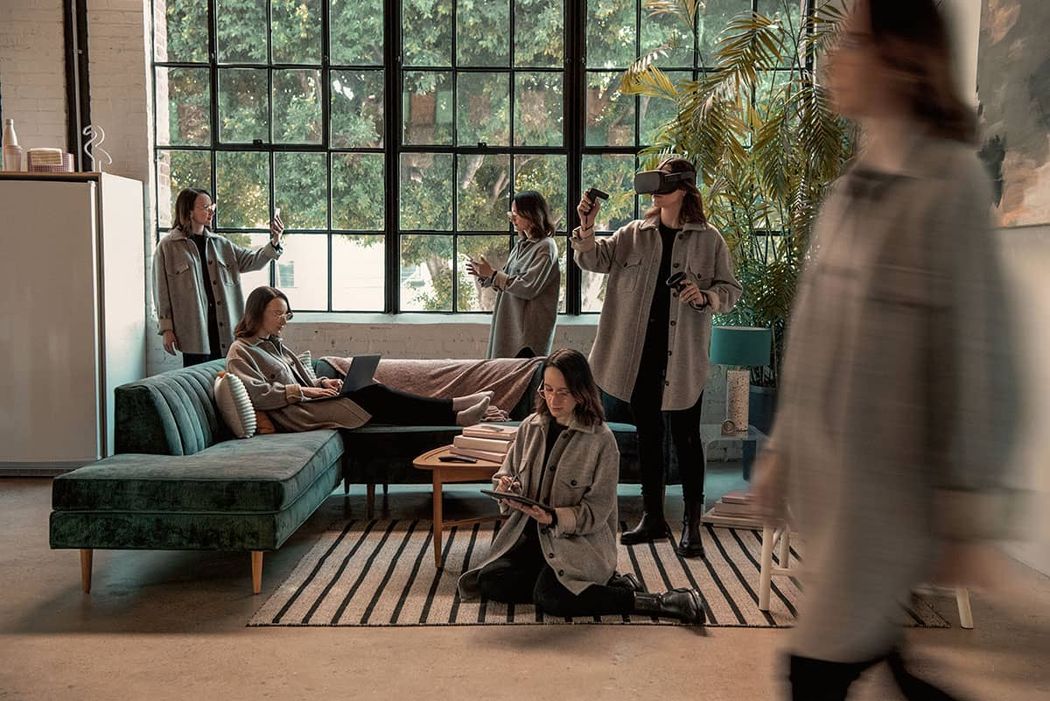
I watched your Blockchain 101 Instagram Live, and that was a good explanation. For someone who has no idea what a blockchain is, can you break down those fundamentals and how Ethereum plays into it?
When people hear blockchain or blockchain development, I think people kind of get this kind of panic a little bit, and people are like, "Oh my gosh, that's so complex. What is it? How does it work?" I always tell people that you don't have to understand what it is completely to use it.
Even I will never understand everything about blockchains. There's just way too much. But you can't think of a blockchain just as a public database.
A blockchain is basically a decentralized database that's stored on hundreds of thousands of computers around the world. So every single computer at any time that is running what is called a node, which again is just like a little computer.
They all have the same data at all times. So if you're doing something, and you're changing something, that is verified by all these computers, and that's how we know that that is a valid, verified transaction.
If you think of GoDaddy, if you change your user profile, and you just want to change your first name, typically, it would just be an update on the background. But if you're using a blockchain, you're actually making a state change.
It's something that's reflected on every note, which is basically just a computer also running the system.
Let's dig into all the different things that you work on, because you work on dApps, you work on Ethereum, you work on some front-end stuff as well. Break down the multi-hyphenated aspects of what you do.
I'm a full-stack developer, and right now, I consider myself a full-stack dApp developer. If you think of apps or even servers that store a bunch of data, when you're building a decentralized app, your database is actually a blockchain. On a blockchain, all of that, all the transactions are recorded on the blockchain. You can go back to any point in history and view who did what at what time.
I want to talk about what you do as an entrepreneur specifically. You work with clients. You have mentoring sessions. You are an Instagram social media creator. There are all these different facets to your business. Tell us about it.
I typically divide my work into two different things, software development and digital strategy. The main clients that I work with right now are going to be software development clients.
For digital strategy, whether that's content creation or planning things out for social media and action strategy behind that, I do that as well. I'm basically just playing around with everyone, and that's where I really get to explore my creative side.
Why is it important for you to sort of be demystifying programming and coding, especially with a woman in tech?
I think a lot of people are really hesitant to start programming because it can be so overwhelming. They want to learn programming, but it's always, "But I'm not good at math," or, "I'm not good at this and that or not good with computers."
I think those are kind of excuses that we tell ourselves in order to avoid starting.
But the truth is that a lot of that stuff is not true. I would love to see more engineering teams involve women and people of color, because it's not even just about getting more women involved. I think it's getting everyone involved, regardless of what your background is, regardless of wherever you are in the world.
It's kind of like you have this level of anonymity that kind of just puts everyone on the same playing field, which is super cool and kind of what really speaks for you is your code and the projects that you make. So that's a completely new user experience that I don't think anyone in the programming community has experienced before.

We've learned that as much wisdom is highlighted from failures and missteps as from successes and points of pride. What has been a learning moment for you that you've taken away from?
New entrepreneurs kind of forget that some people fail, and maybe they don't understand that concept, and it really is a bigger fail. You can just get back up, and I think once you accept that, it's a lot easier to bounce back.
As an entrepreneur, you'll pivot a lot in your work cycle. Whatever you're doing, your ideas will change — maybe constantly for a while — until you really feel it.
As an entrepreneur, you want to be flexible, and you want to be able to have the agile mentality to quickly pivot and move. I've definitely made a lot of mistakes, and I've had to be transparent as possible, because I want everyone to learn from my mistakes.
The biggest thing that I recommend to new entrepreneurs is getting your attorney or your lawyer and have them review any contracts that you have. It's completely worth it to spend some money upfront. It's really crucial.
Looking forward a little bit, what's next for you? What projects are you excited to get started working on, and where do you hope to be in the next three, five years?
I have no idea where I will be in the next three months because my work has always surprised me. The more networking I do has really opened a lot of doors for me. I'm working with a couple of clients right now — who are pretty big in the crypto space — who are working on bigger projects, which is super exciting to be part of those from the beginning stages.
I was originally starting to work on projects that were kind of like, "Okay, this will be like a one month thing," But right now, I'm working on projects that go to six, 12 months. I think what's next for me in the business stage is to figure out what type of people I want to work with and what relationships with my clients and projects are sustainable long term.
Very, very last question: How do you define success?
Success is different for a lot of different people. For me, I define success by the amount of people that I can inspire and touch and change their lives in a positive way. Apart from anything else, that's what I think is the most fulfilling.
I think you can have all the money in the world. You can have all the material possessions in the world.
But at the end of the day, touching people and having an impact and quite literally changing people's lives is how I define success. Nothing is more rewarding than knowing that you inspire someone to learn how to code and open up a new door for them.
